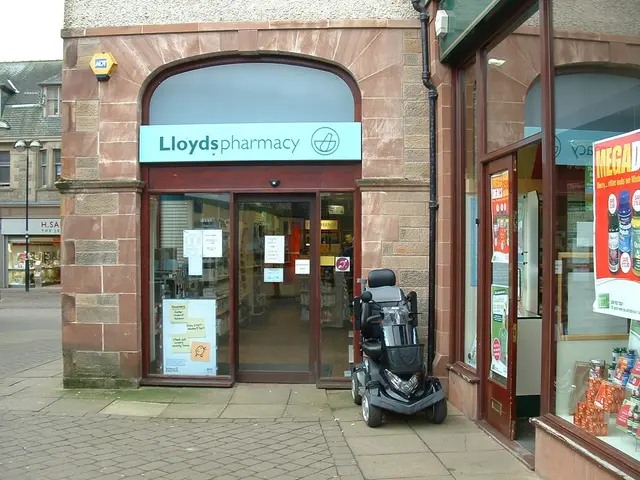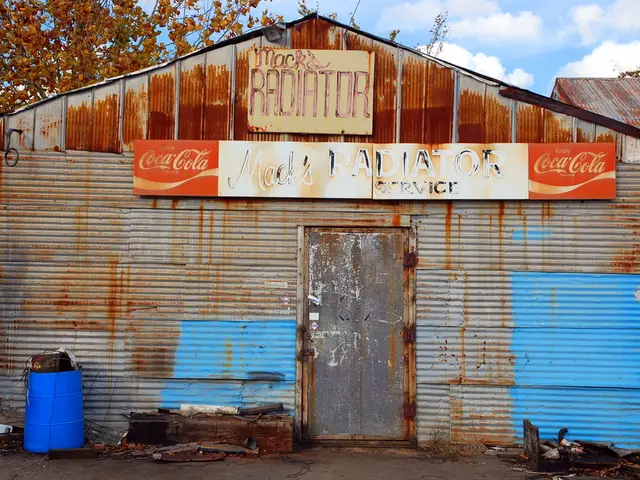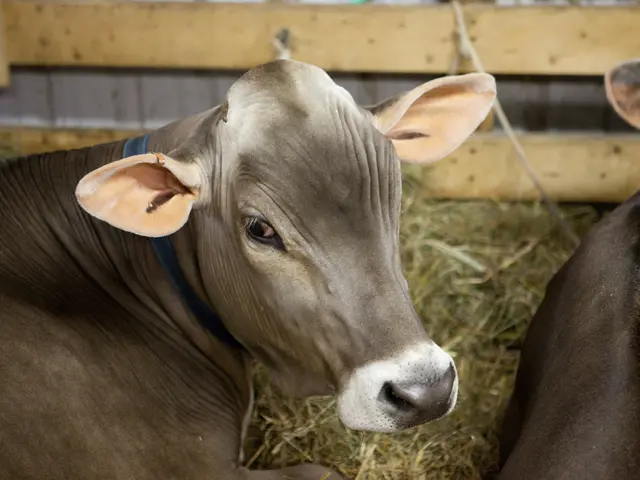Environmental efforts in the city of Willich are attracting significant attention
In the small German town of Willich, an innovative environmental action has been launched to combat the growing issue of microplastic pollution. The 'Microplastic Filter for Washing Machines' initiative, spearheaded by Mayor Christian Pakusch and the city council, aims to highlight that everyone can contribute to reducing microplastic pollution.
The event, held recently in front of the Technical Town Hall, saw the distribution of the first set of microplastic filters. The filters, manufactured and distributed by the OceanSaver Foundation, are designed to capture up to 90% of released microfibers, helping to reduce environmental pollution.
Synthetic textiles like polyester or elastane are significant sources of microplastics, which end up in waters via wastewater during washing. These tiny particles, smaller than 5 millimeters, either primary or secondary, resulting from plastic degradation, are widespread in regions and ecosystems worldwide.
The intake of microplastics poses a health risk to humans, with studies suggesting a link between microplastic consumption and increased risks of cardiovascular diseases. This concern was echoed by Rebecca Breuer from the "Environment and Sustainable Urban Development" team, who attended the event.
The distribution of microplastic filters for washing machines in Willich is part of an effort to allow citizens to make a daily contribution to microplastic problem mitigation. Bela Baum, Annika Jäschke, and Nadine Haas were among the recipients of the filters.
These filters, often made from recycled material, can relieve our environment, reduce pollution in rivers, lakes, and seas, and help relieve wastewater treatment plants. The Microplastic Filter for Washing Machines environmental action was completed in Willich, marking a significant step towards a cleaner and healthier future.
The 'Microplastic Filter for Washing Machines' initiative is a global topic, but it emphasizes the importance of individual contributions. As the world grapples with the microplastic problem, initiatives like this serve as a reminder that every action, no matter how small, can make a difference.
Read also:
- Struggles of Nepal's Himalayan wildlife amidst expanding livestock populations and road networks (opinion piece)
- Coverage of Medical Treatment Questioned: Patient Receives Bill for $17,000 Despite Insurance Promise of Coverage
- Shelter shuts down over avian illness affecting pigeons
- Social Change Advocates : A Compilation of Zines as Driving Forces








